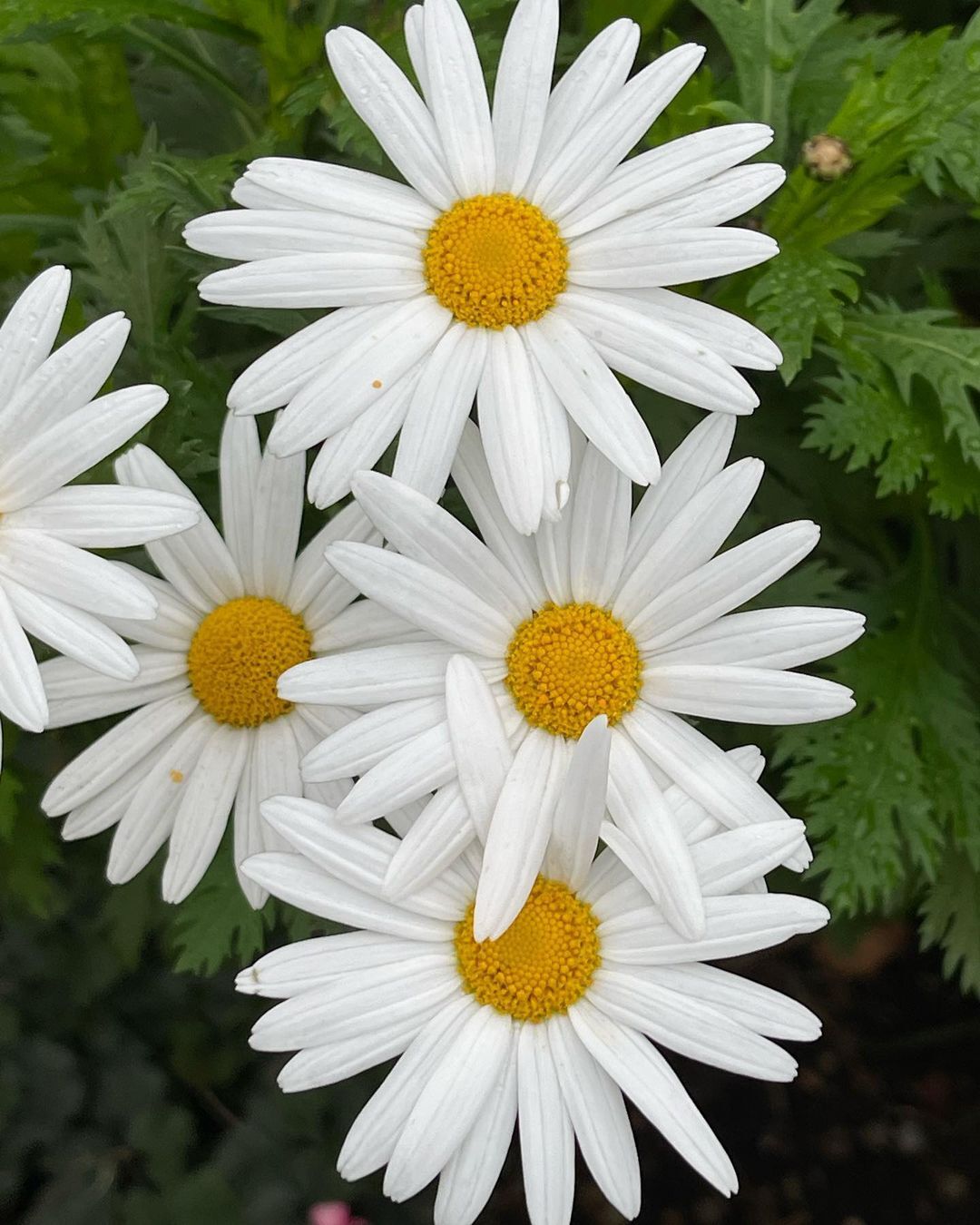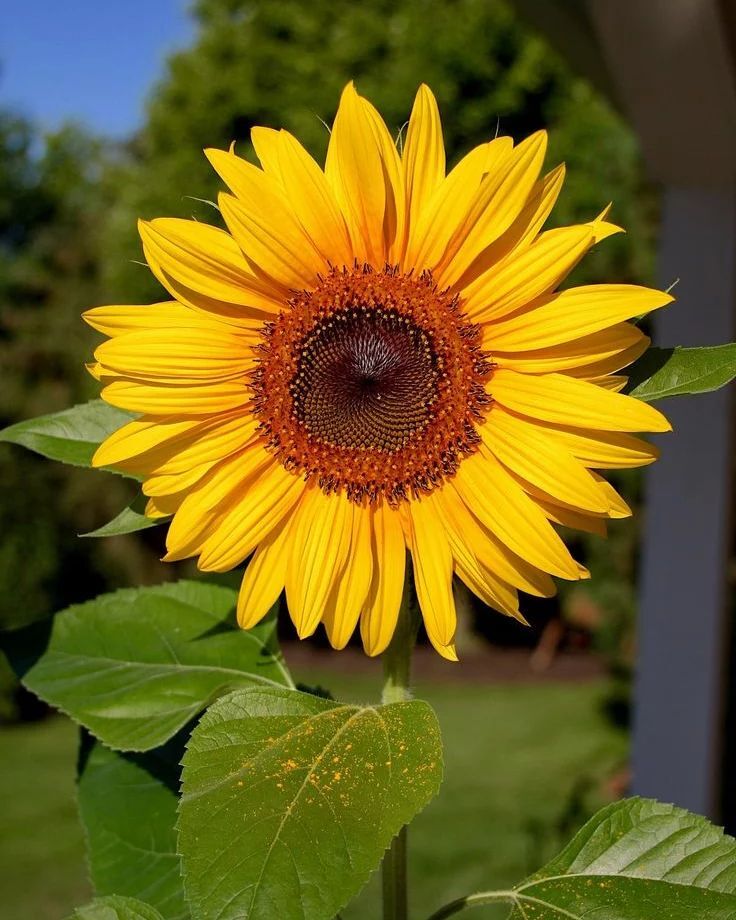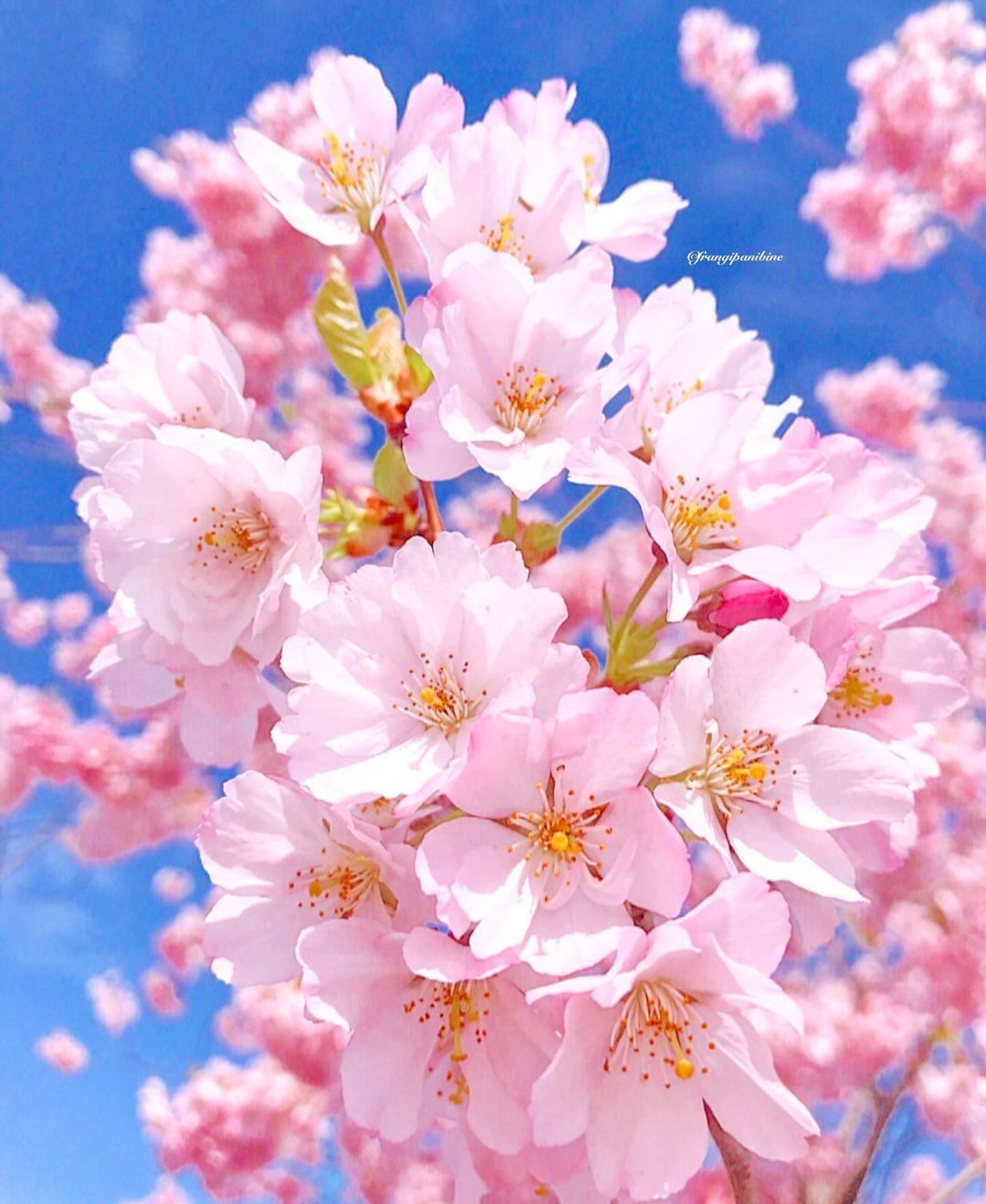Explore a captivating collection of Flower Poems. Discover verses celebrating nature’s beauty, from classic works to modern interpretations.
Flower have inspired poets for centuries, their beauty and symbolism providing endless material for verse. This article presents a variety of poems related to flowers, showcasing different styles and perspectives on these natural wonders.
Classic Flower Poems
Many renowned poets have written about flowers. Here are some timeless examples:
“To a Daisy” by William Wordsworth

Bright flower! whose home is everywhere, Bold in maternal Nature’s care, And all the long year through the heir Of joy or sorrow…
This poem celebrates the simple beauty of daisies and their resilience in nature. Learn more about Wordsworth’s nature poetry and his unique perspective on flowers and the natural world.
Modern Flower Poems
Contemporary poets continue to find inspiration in flowers. Here are some modern examples:
“Sunflowers” by Mary Oliver

Come with me into the field of sunflowers. Their faces are burnished disks, their dry spines creak like ship masts…
Oliver’s poem vividly describes a field of sunflowers, bringing their presence to life. Explore Mary Oliver’s works and themes to understand her profound connection with nature and flowers.
Haiku About Flowers
Haiku, a Japanese form of short poetry, often focuses on nature and flowers:
Cherry Blossom Haiku by Matsuo Basho

On a withered branch A crow has alighted: Nightfall in autumn.
While not directly mentioning cherry blossoms, this haiku evokes their fleeting nature. Discover the art of writing haiku and how it often incorporates floral themes.
Writing Your Own Flower Poems
Inspired to write your own flower poems? Here are some tips:
- Observe flowers closely. Notice their colors, shapes, and how they change over time.
- Consider the symbolism of different flowers. For example, roses often represent love, while lilies can symbolize purity.
- Use all your senses. Describe not just how flowers look, but how they smell and feel.
For more guidance, check out these tips for writing nature poetry, which can help you craft beautiful verses about flowers.
Flowers in Poetry: Themes and Symbolism
Flowers in poetry often represent more than just plants. Here are some common themes:
Beauty and Fragility
Many poems use flowers to explore the fleeting nature of beauty. For example, in “Nothing Gold Can Stay,” Robert Frost writes:
Nature’s first green is gold, Her hardest hue to hold. Her early leaf’s a flower; But only so an hour…
To delve deeper into this topic, explore flower symbolism in literature and how different blooms have been used to convey various meanings throughout literary history.
Poems about flowers offer a rich tapestry of imagery, emotion, and reflection on the natural world. From classic works to modern interpretations, these verses capture the enduring appeal of flowers in human culture and imagination. Whether you’re a poetry enthusiast or a nature lover, exploring flower poems can deepen your appreciation for both literary art and the beauty of the natural world.
Remember, the next time you see a flower, there might be a poem waiting to bloom in your mind. Happy reading and writing! For more inspiration, browse more flower poems and discover the endless ways poets have celebrated these natural wonders.
For more gardening tips and plant care guides, visit usagardenhub.com.

